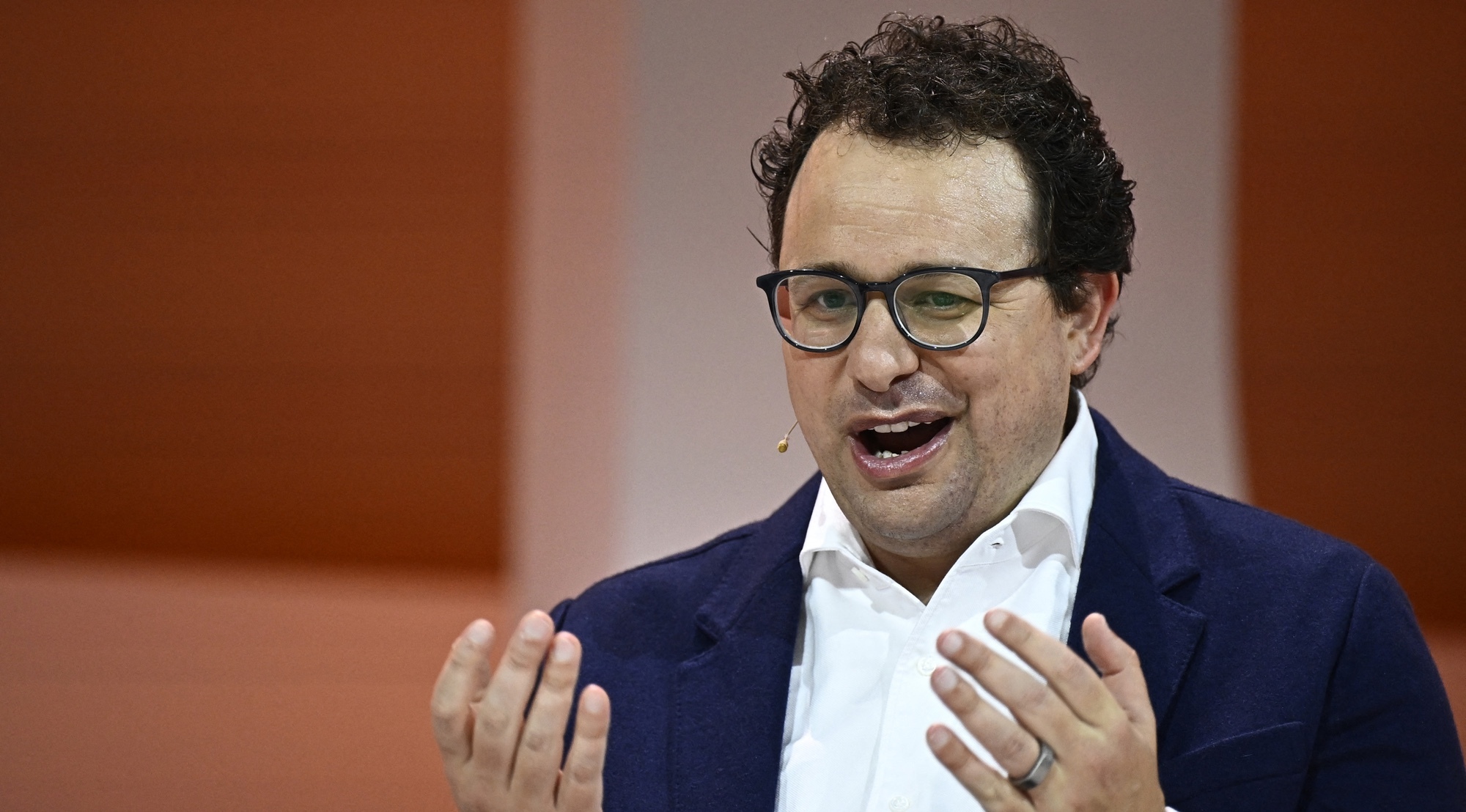Anthropic CEO says AI will help us live longer and cure disease — here's how
Ready to read?

It's hard not to have an opinion on AI these days, as those two tiny letters that once felt like science fiction are coming for jobs, but also opening up new possibilities — including finding new viruses.
It's perhaps no surprise that the CEO of one of the world's largest AI companies is pretty positive on things, though. Anthropic CEO Dario Amodei has published a lengthy (15,000 words) essay to his blog about the future of AI, the safeguards that'll keep it within human control, and how it'll disrupt the arts.
There are the usual "it'll help cure diseases and find new treatments" arguments that many pin their hopes on with AI, but Amodei goes further, suggesting AI will help produce technology to help paralyzed patients move again and more through the use of implants.
Could AI extend human lifespans?
Machines of Loving Grace: my essay on how AI could transform the world for the betterhttps://t.co/CFGd4Sbq86October 11, 2024
That all sounds very Elon Musk, but could this lead to longer lifespans? According to Amodei, there's a chance it could double life expectancy in humans.
"This might seem radical, but life expectancy increased almost 2x in the 20th century (from ~40 years to ~75), so it’s “on trend” that the “compressed 21st” would double it again to 150," he explains.
Adding: "Obviously the interventions involved in slowing the actual aging process will be different from those that were needed in the last century to prevent (mostly childhood) premature deaths from disease, but the magnitude of change is not unprecedented".
This might seem radical, but life expectancy increased almost 2x in the 20th century (from ~40 years to ~75), so it’s “on trend” that the “compressed 21st” would double it again to 150
Dario Amodei, CEO Anthropic
Amodei goes on to explain that there are already drugs that can increase the maximum lifespan in rats by as much as 50% with limited ill effects. He says "Some animals (e.g. some types of turtle) already live 200 years, so humans are manifestly not at some theoretical upper limit."
Sign up to get the BEST of Tom's Guide direct to your inbox.
Get instant access to breaking news, the hottest reviews, great deals and helpful tips.
The challenge, and where artificial intelligence comes into play, will be in the ability to iterate over ideas and experimental data very quickly to find the right aging biomarkers.
"Once human lifespan is 150, we may be able to reach “escape velocity”, buying enough time that most of those currently alive today will be able to live as long as they want, although there’s certainly no guarantee this is biologically possible," he said.
That could be aided, at least in Amodei's estimations, by AI helping to reduce conflict by building bridges across cultural divides and helping provide more access to education and healthcare for the masses.
I'll admit it does sound lovely, but I'm not entirely convinced we'll see AI write "extremely good novels" — art remains very much for humans, thank you very much.
More from Tom's Guide

Lloyd Coombes is a freelance tech and fitness writer. He's an expert in all things Apple as well as in computer and gaming tech, with previous works published on TechRadar, Tom's Guide, Live Science and more. You'll find him regularly testing the latest MacBook or iPhone, but he spends most of his time writing about video games as Gaming Editor for the Daily Star. He also covers board games and virtual reality, just to round out the nerdy pursuits.
